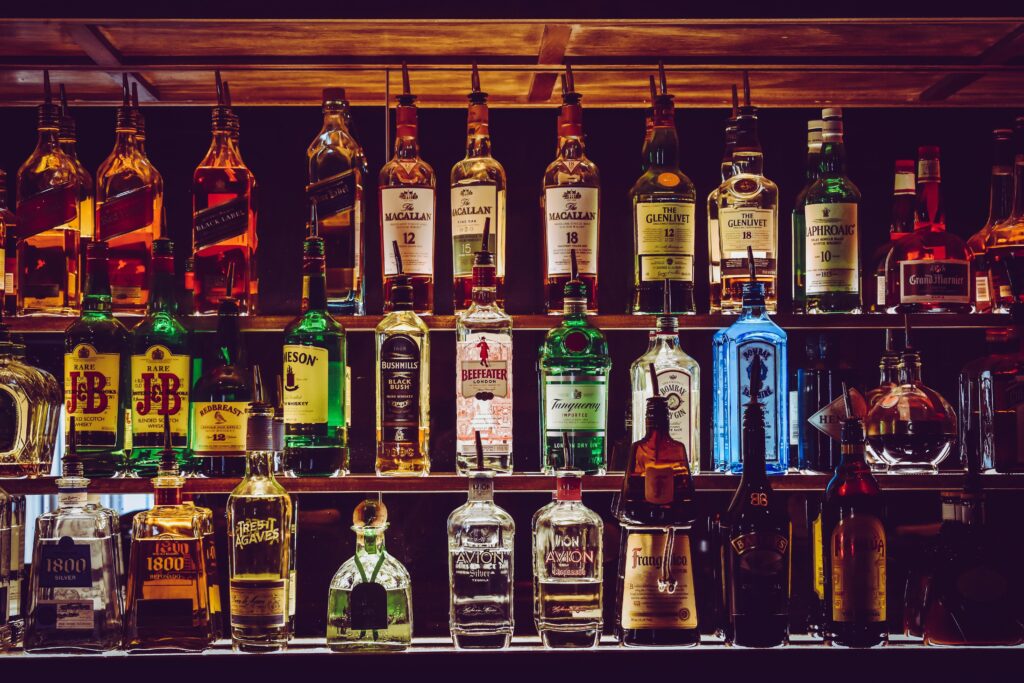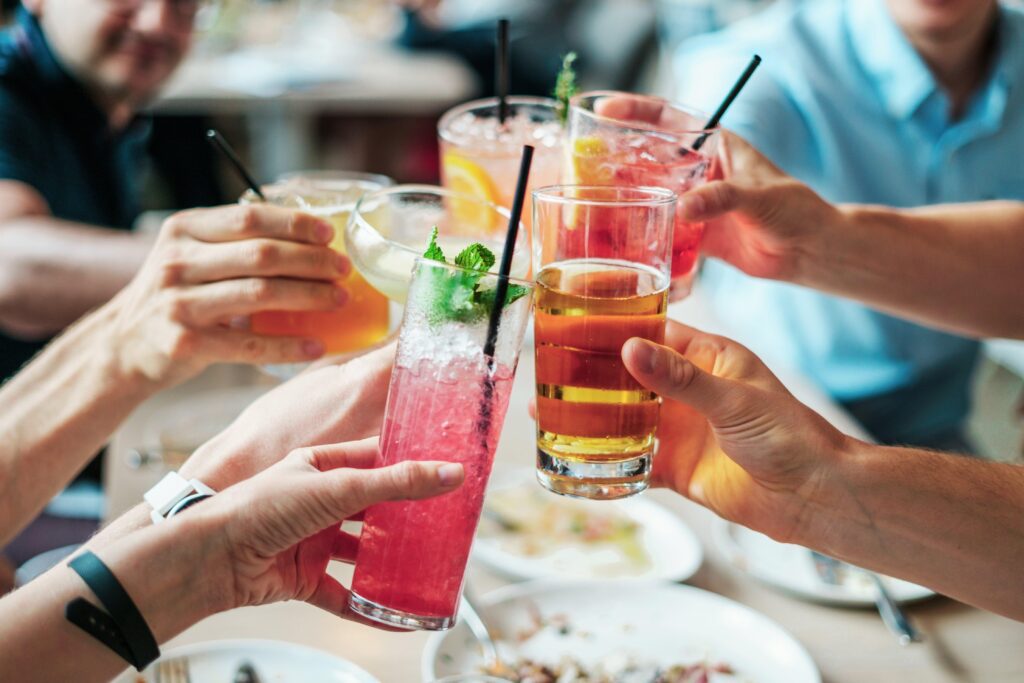
With the festive season upon us, drinks often start flowing more freely.
In fact, over the 12 days of Christmas, the average Brit will get through 18 pints of beer, three bottles of wine, one bottle of spirits and four glasses of fortified wine – or 137 units of alcohol.
While many will be aware of the impact this can have on the body, the impact it has on the environment can be just as bad.
This impact builds at every part of the production process, starting at the very beginning with the crops needed to produce alcohol. Whether grain, potato, rice, or sugarcane, growing these requires significant amounts of water, land, fertilizer, and machinery use.
Even more heat and energy is required during brewing and distillation, not to mention the packaging, distribution, and transportation of that alcohol afterwards which causes a huge amount of waste too.
There’s no getting around it; with every sip you take this winter, you’re adding to your carbon footprint.

So, what impact exactly do different types of alcohol have on the environment and how do we reduce it?
A study from the Food Climate Research Network looked into exactly this. They found that beer, for example, accounts for around 80.5% of alcohol consumption by volume but emits only 62% of alcohol emissions. Wine, on the other hand, accounts for 16% of alcohol consumption but 27% of total alcohol emissions.
When looking at units rather than volume, however, it becomes virtually impossible to determine which type of alcohol is better for the environment. Instead, you have to look at specific brands and distillers.
Thankfully, there has been an explosion of sustainable alcohol in the past few years. In fact, since there is no industry standard on how to do so, some brands are lowering their footprint in very unique and creative ways.
For example, Somerset-based brewer Wild Beer Co. previously launched a beer named ‘No Water’, which, of course, contained no water. Instead, they used whey in place of its principal ingredient and managed to sell out quickly by doing so!

No matter what your drink of choice is, there’s definitely a sustainable option out there for you.
North Yorkshire’s Cooper King Distillery is a fantastic example. England’s first ‘carbon-negative gin’, this distillery is one of only a handful in the U.K. to run entirely on renewable energy. They used a closed-loop system to reuse coolant water, saving 26 tonnes a year.
Reducing waste even further, the used botanicals for their gins are sent to a local bakery, where they are upcycled into bread and pastry glazes.
For wine drinkers, finding a sustainable option may be a little more difficult as the market is overrun with claims of being ‘natural’ and ‘organic’. Still, in reality, most do very little to lower their impact on the environment.
One great true sustainable example is Jordan Winery. Their certified vineyard emphasizes biodiversity and creating a true ecosystem. Only 120 acres of grapevines are sparsely planted across their 1,200-acre estate, with more than three-quarters of the land left wild.
Instead of using irrigation water, they also support two lakes and encourage pollinator populations with both seasonal and year-round beekeeping. Waste is further reduced by using biodegradable by-products as fertilizer, which in turn improves soil health.
If you’re more into beer, however, then BrewDog is one of the most sustainable options on the market. They upcycle their waste, including using their spent grain to feed cows and using their spent hops as fertilizer.
They also use fully recycled and recyclable aluminium cans and glass bottles and, after their pledge in 2018, now ship their multipack cans protected by recycled cardboard only.
Whatever you choose to drink this December, why not go for the more sustainable choice?